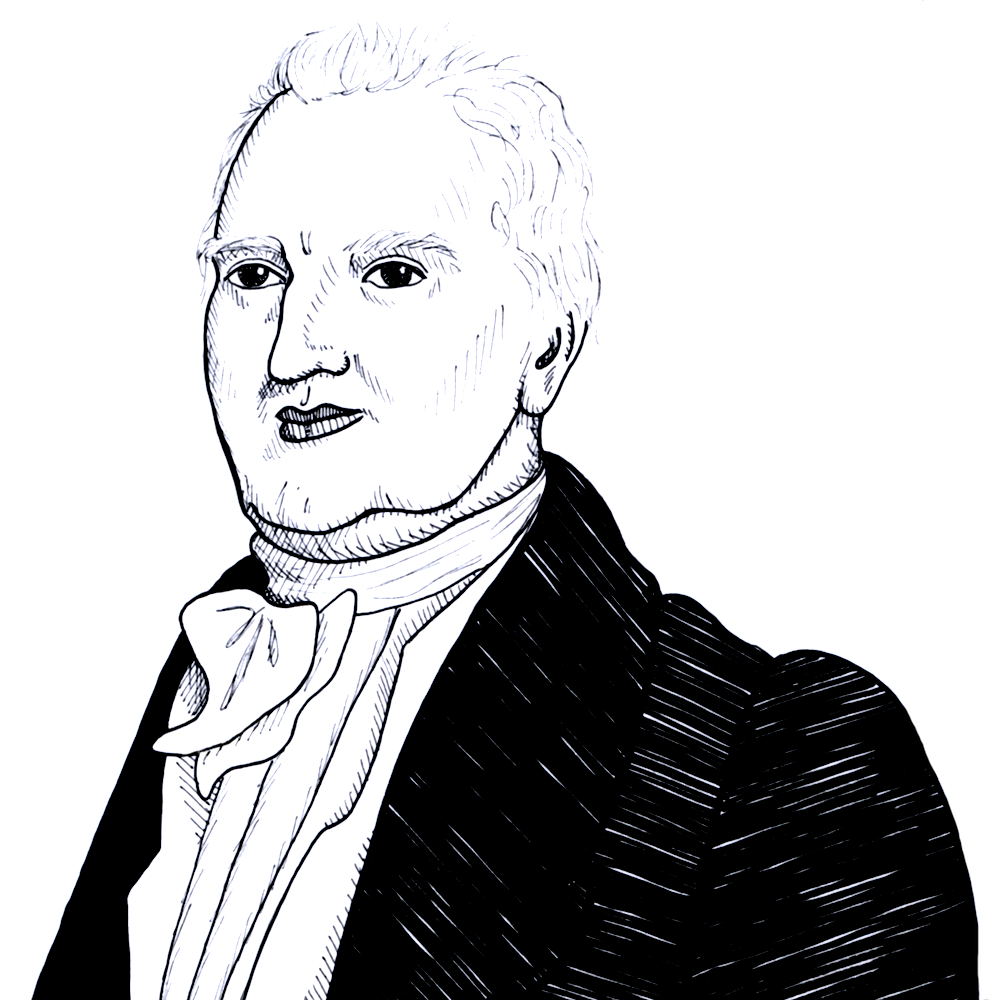
William Cobbett opposes the government bail-out at taxpayer expence of those who lent money to the state (1815)
Found in: Paper against Gold and Glory against Prosperity, vol. 1 (1815)
The English radical William Cobbett (1763-1835) did not believe that the British taxpayer should bail out those who had lent money to the British government which had been so profligate in its spending during the wars against Napoleon:
Money & Banking
These conferences will not, I trust, as some persons appear to suppose, lead to any application of the public money, that is to say, of the taxes, to the assisting, as it is called, of these Loan-holders. The Loan-holders, or Loan-makers, have never been known to return to the people any part of the immense profits, which they, from time to time, have made upon their loaning transactions. We see, from one of the above-quoted passages, that Sir Francis Baring has gained enough to lay out half a million of money in freehold estates. Great part of this was, it is reasonable to suppose, gained by the many loans to government, in which he has been at different times concerned. Well, then, if these profits, these immense gains, be considered as fairly belonging to him, or his heirs and successors; and, if we view the not less immense gains of Goldsmidt in the same light; if the gains be theirs, ought not the loss to be theirs also? Upon any other principle, what a sort of bargain would a government loan be? A bargain where all the chance of gain would be on one side, and all the chance of loss on the other.